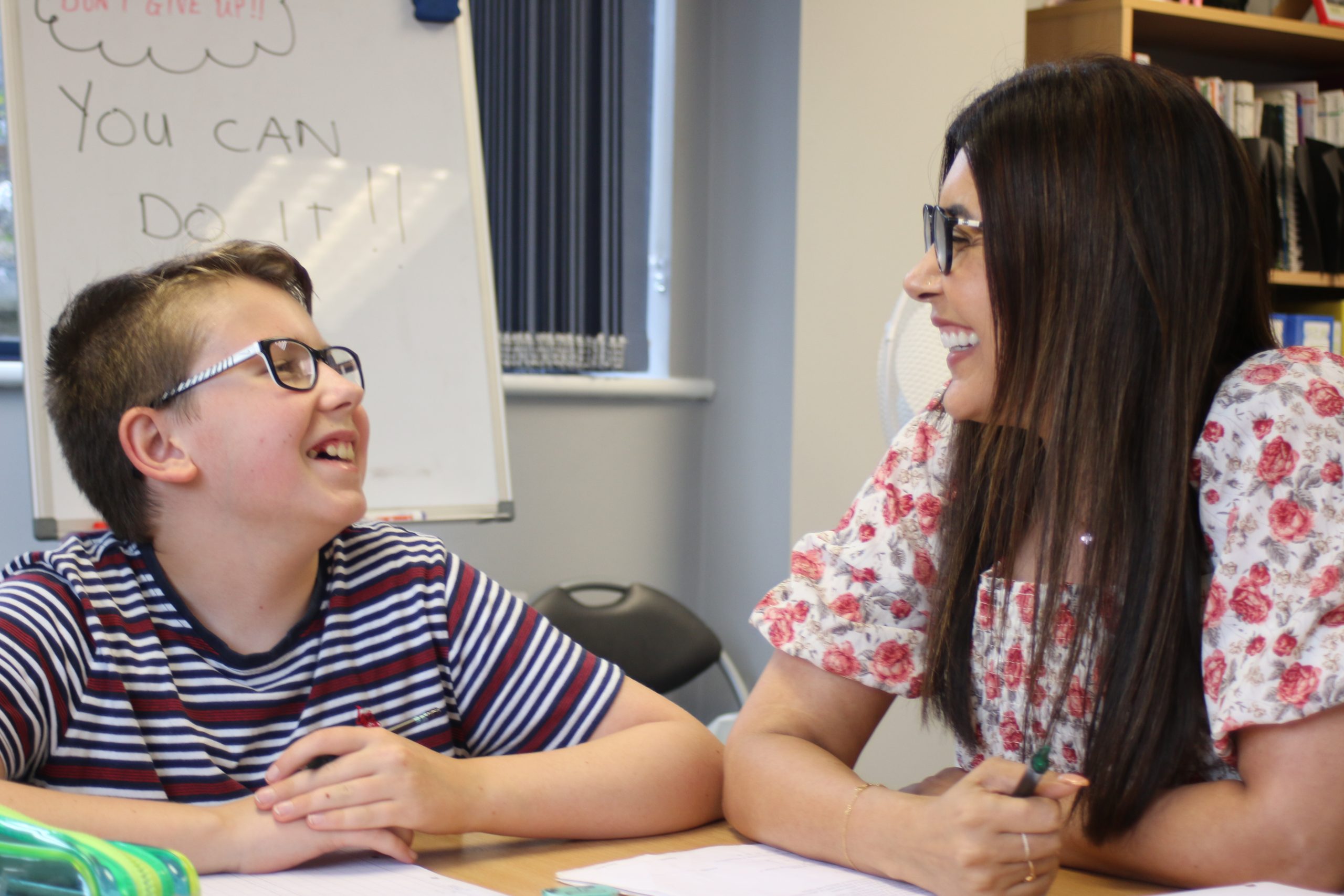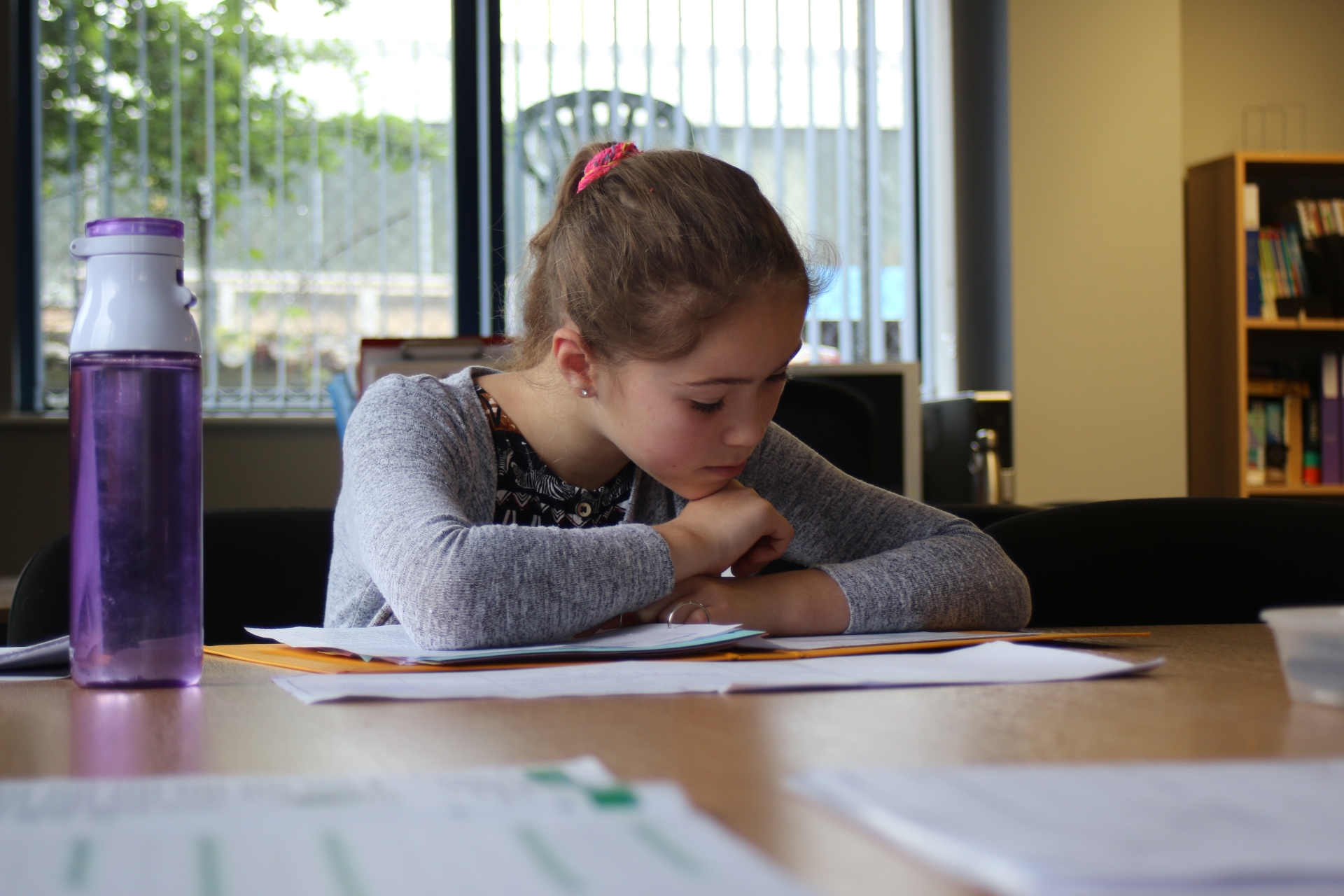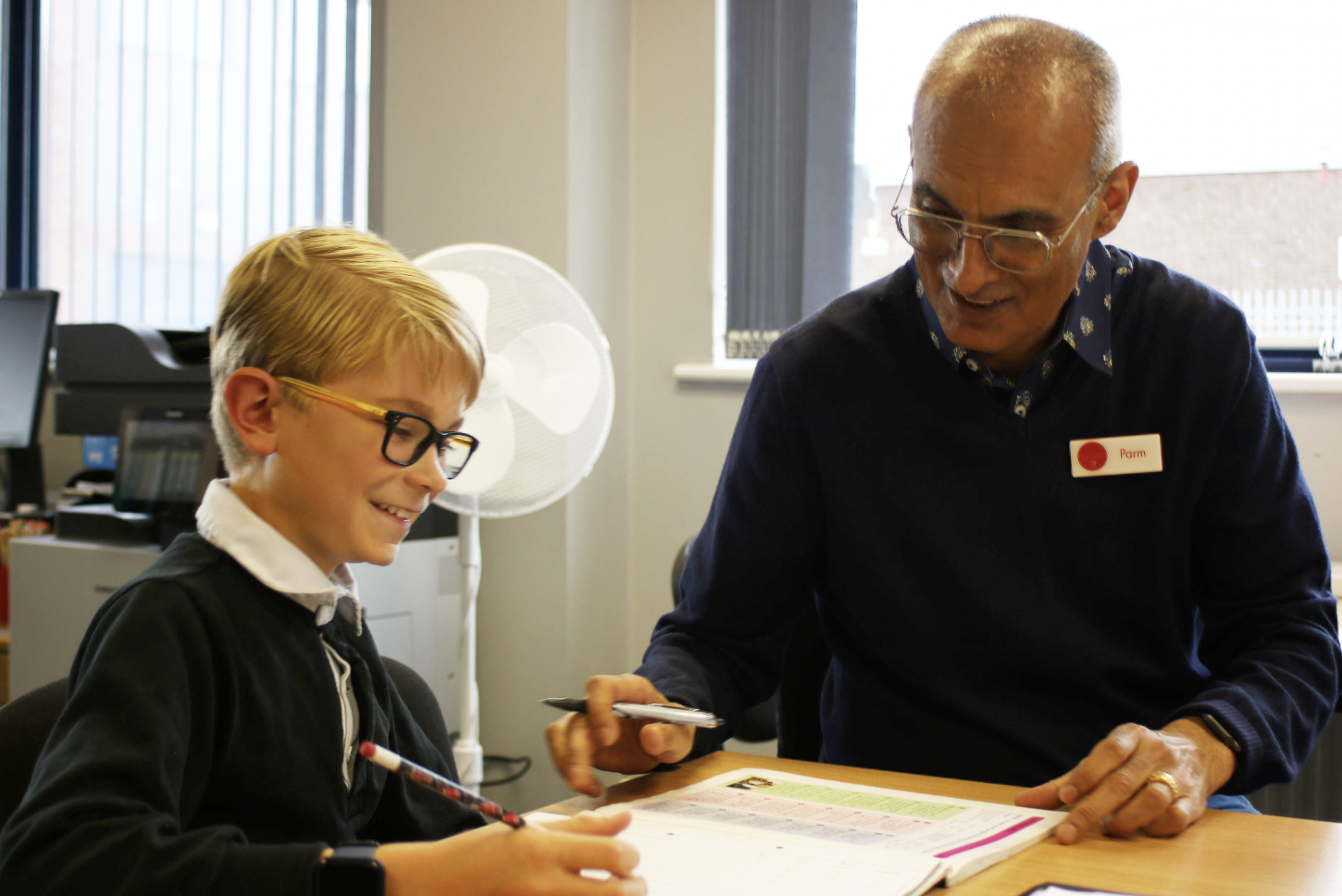The Characteristics of an Effective Tutor
Tuition services in Kent are fast growing and are often found to be a much needed addition to a child’s education.
In most cases a private tutor is hired to give students any extra support that they may require and in order to achieve this they must:
- Communicate clearly and appropriately with parents and students on all manners of topics
- Work alongside the students, building a rapport
- Push for needed progression academically
- Provide the students and parents with relevant information that is sometimes hard to attain from your child
- Provide all of the students with an opportunity to ask questions no matter the depth
- Help to develop their study skills and techniques
- Provide exam tips where necessary
- Build up their confidence both academically and socially



What should you look for?
1. The best tutors are experienced qualified teachers
As they:
- can deliver and have a deep understanding of the current curriculum across many year groups
- have taught a variety of age ranges and abilities in the classroom
- have experience in delivering the curriculum, in a number of ways and have the capability to adjust teaching for different learning styles
- are able to use a variety of assessment methods to plan for individuals so progress is being made
- can use assessment to inform next steps for a pupil
2. Build a rapport with all of their students
A tutor’s role is different from an everyday school teacher’s. One of the key differences is that a tutor is given the chance to build up a rapport with their student on a more personal level. A large majority of tutors in Kent, will work on a more personal one to one basis or in small tuition groups, which allows them to get to know one another better. This in the long term allows the tutor to recognise the student’s strengths and weaknesses.
We believe that a successful tutor will give their students the time to listen and build this relationship which will allow them to create more unique and tailored lessons for the student’s learning. It is also true that the more comfortable a student feels in his or her learning environment, the easier it is for a tutor to successfully help the student push themselves to their full potential.
3. Adapt to the student’s needs
A successful tutor will set goals that are attainable however being too ambitions whilst defining these targets can often rebound and leave the student feeling unhappy and demotivated to learn. A key technique that is commonly used is starting each lesson on a topic that the student is confident on to boost morale for the upcoming session.
4. Frequently communicate with the parents
We feel that tutoring is not just about attending individual lessons but of expressing all of the findings and discoveries along the way thoroughly with the parents. It is crucial to a student’s development that a tutor communicates clearly with the parents in order to ensure that their child’s targets are being met. Parents are able to offer a useful insight into their child’s personal character that a tutor may not be able to reach, this may include learning styles that they know benefit their child. The overall goal is to ensure that the tutor can better understand each individual’s requirements.
We also understand that a good tutor will offer feedback after every lesson so that each student has a parent that has the ability to keep track of their child’s progression towards the defined target. It only has to be a small chat once a lesson has ended or even a text/email detailing what their child has learnt from each particular lesson. This feedback is vital for parents wishing to encourage their child to learn and progress until their next tutoring session.
5. Have an open and honest relationship with their students
A pivotal component of a successful tutor is the ability to establish a strong trust and rapport with their student. If a student is not completing his/her work to a sufficient standard, a good tutor will complete the work with them to ensure that they have a grasp over the topic before venturing onto a new one.
6. Act professionally and respectably
It is absolutely pivotal that a tutor fulfills his or her role in a professional manner when working with their student. Any personal information held to do with their student should be maintained in a strict and confidential manner. We also feel that a successful tutor will be confident but maintain a friendly persona and act in a formal and professional manner across the duration of the lessons and also whilst communicating with the parents.
7. Be flexible and patient
Two extremely important characteristics of a successful tutor are being flexible and patient with their students. Flexibility demonstrates that a tutor has the inclination to alter their techniques and approaches to meet the individual requirements of each student.
We believe that patience is also key to becoming an effective tutor. Coming to the conclusion that some subjects will be more challenging for a student to terms with and then taking tasks slower and reviewing them more thoroughly is essential.
8. Make the lessons relevant to real life scenarios
Ideally a tutor will be an expert in the subject that they teach and therefore have the ability to create each lesson using real life references and examples. It is a proven fact that students get more involved with real life scenarios to which they can relate.

